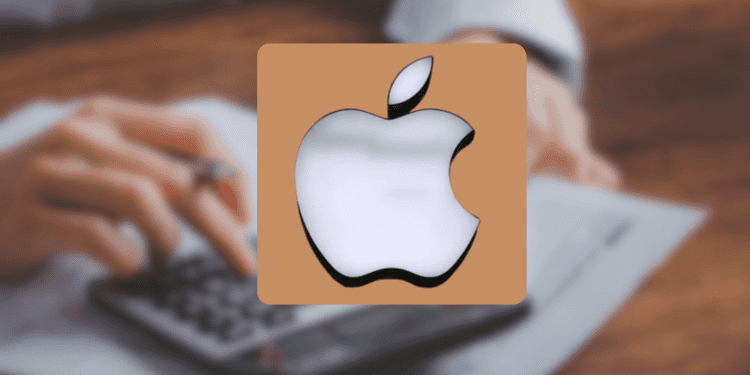- The European Commission fined Apple 1.85 billion euros for abusing its dominant position in the music streaming market by imposing unfair restrictions on app developers.
- Apple prevented developers from informing users about cheaper subscriptions outside the App Store, effectively stifling competition and innovation.
- This is Apple’s first EU antitrust fine, but it faces further scrutiny under the new Digital Markets Act, which will force it to open up iOS to alternative app stores.
The European Commission has fined Apple 1.85 billion euros ($1.95 billion) for abusing its dominant position in the music streaming market. The Commission alleges that Apple imposed unfair restrictions on app developers to maintain its monopoly over music streaming on iOS devices.
Apple’s Anti-Competitive Conduct
The European Commission opened an investigation into Apple in 2019 after a complaint from Spotify. The investigation focused on contractual restrictions Apple imposed on app developers. These prevented developers from informing iPhone and iPad users about cheaper music subscription options outside of the App Store.
Apple forced developers to comply with its rules or abandon the App Store altogether. This gave users no choice but to pay the higher Apple subscription fees. The Commission says this anti-competitive conduct lasted nearly 10 years.
How Apple Stifled Competition
Specifically, Apple applied the following restrictions:
- Prevented developers from informing users about cheaper subscriptions outside the app
- Banned links leading to external subscription options
- Barred developers from contacting newly acquired users about pricing
Meanwhile, Apple Music faced no such restrictions.
Apple’s Monopoly Power Over the App Store
The Commission states that Apple’s App Store rules exploited its control over the iOS ecosystem. Developers had no option but to comply given the App Store’s importance as the main distribution channel for apps.
This monopoly power enabled Apple to impose anti-competitive rules that stifled innovation. Consumers likely paid higher prices as a result.
Apple Fires Back at the EU
Apple fired back at the EU in response to the fine. It claims that the “primary beneficiary” is Spotify. Apple says Spotify has become a giant thanks to the App Store, while paying nothing to Apple.
However, the issue concerns in-app purchases, on which Apple charges a 30% commission. Spotify avoids this by selling subscriptions on its website instead.
What Happens Next?
This is Apple’s first antitrust fine from the EU. But it likely won’t be the last. Apple now faces further scrutiny under the EU’s new Digital Markets Act designed to rein in Big Tech.
The Act will force Apple to open up iOS to alternative app stores. This could fundamentally impact its business model and end its iron grip over the iOS ecosystem.














